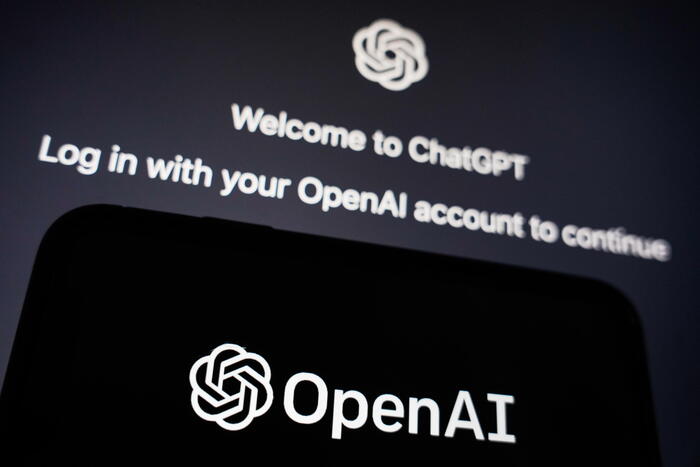Only a few months ago the world of Hollywood also stopped to ask for greater regulation for the production of images through artificial intelligence. A disruptive technology that infuriated actors such as Scarlett Johansson and Tom Hanks, whose fake deepfake created by AI ended up on social media to endorse products. Meanwhile, technological innovation hasn't stopped and companies continue to push the boundaries with new apps. An example above all is Sora, the software of OpenAI, the company that owns ChatGpt, which even showed its potential in Hollywood, right there where people were going on strike for fear of artificial intelligence. And experts are sounding the alert and inviting us to raise our guard in view of the elections that will be held in various countries in 2024.
"Thanks to the diffusion of images and digital contents, as well as the advent of Deep Learning, AI has achieved performances comparable to those of humans in the recognition of content - Carlo Negri, senior researcher at the Artificial Intelligence Observatory of the Polytechnic of Milan - The latest news tells us about tools for generating high-realism images and videos, thanks to the surprising capabilities of the new generative models. This achievement brings with it very important legal and ethical questions." Sora is the app that has caused the most hype, but there is no shortage of competition: PixVerse, invideo AI, Stable Video are just some of the software that aims to make multimedia narration strongly imbued with artificial intelligence.
But there is also Midjourney, DALL-E 3 from OpenAI, DreamStudio from Stability AI or Image Creator from Microsoft. Also in the field are Meta and Google, whose image AI systems have however given rise to problems regarding racial representations. And from mid-May Google will extend to everyone the ability to edit images with AI with the simplicity of their smartphone and the Photos app. The goal of large technology companies is to facilitate more and more users to experience the potential of IAI, with the aim of building their loyalty. But the democratization of this technology increases critical issues, from copyright to fakes. It is no coincidence that several experts underlined to the American network CNBC that, in view of the elections to be held in 2024 in different parts of the world, the digital big names will have to raise their attention and introduce certain tools with which to distinguish the true from the false.
On the image copyright front, however, the situation is patchy. According to rumors, Apple, Meta, Google and Amazon have entered into an agreement with Shuttershack, the platform for purchasing photos and videos online, to license millions of proprietary images. While, again according to rumors, OpenAI used automatic transcriptions of YouTube videos to train Sora. "European legislators have already partly moved by inserting some clear provisions in the AI Act regarding the use of generative artificial intelligence - concludes Carlo Negri - In particular, not only are suppliers required to fulfill transparency obligations by informing the user who is interacting with an AI system, but also to design and develop the basic model in order to ensure appropriate guarantees against the generation of content that violates Union law, in line with the generally recognized state of the art and without prejudice to fundamental rights, including freedom of expression".

